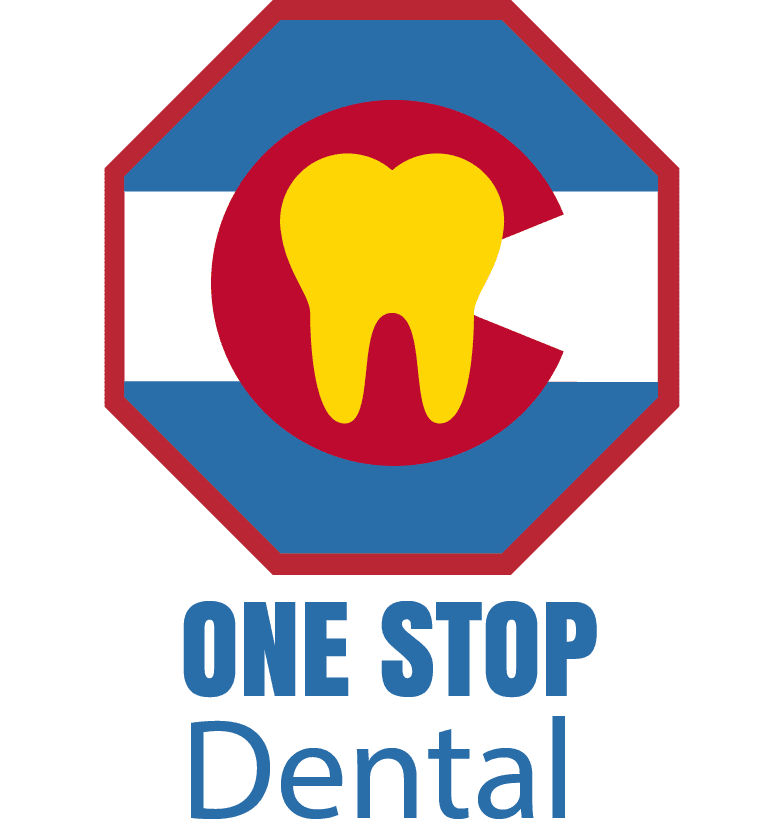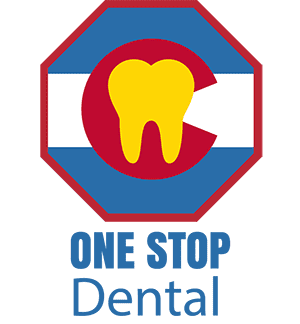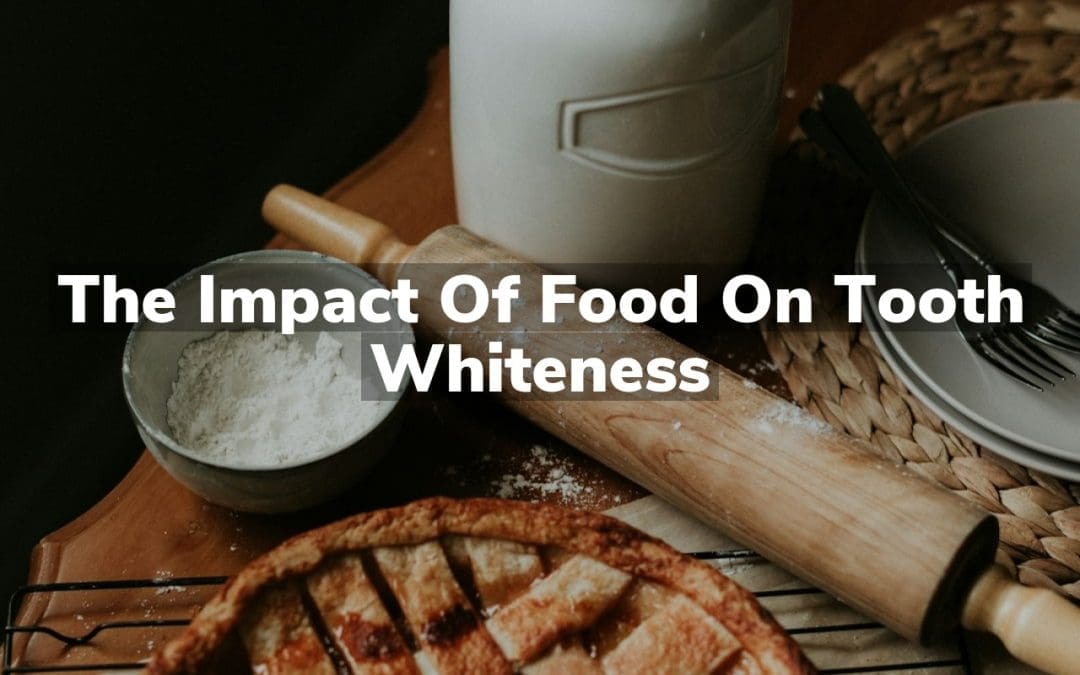Have you ever wondered how what you eat affects the brightness of your smile? The foods and beverages we consume can play a significant role in the color of our teeth, with some contributing to staining and others having less impact on whiteness. Understanding this relationship is key to maintaining a healthy, vibrant smile.
Foods That Stain Teeth
The foods we consume play a significant role in the color and health of our teeth. Certain foods and beverages are notorious for staining teeth. These include coffee, tea, red wine, and dark-colored fruits like blueberries and pomegranates. The pigments in these foods and drinks can adhere to the enamel, the outermost layer of the teeth, leading to a duller, yellowed appearance over time. It’s not just about the immediate impact; the cumulative effect of these dietary choices can influence the long-term whiteness of your teeth.
Understanding the impact of diet on tooth color is crucial, but it’s also important to recognize that natural changes occur as we age. The enamel on our teeth wears down, potentially making them more susceptible to staining. For more insight into this process, consider reading about How Age Affects the Color of Your Teeth. This natural wear and tear combined with dietary habits can significantly affect the aesthetic appearance of one’s smile over the years.
Natural Tooth Discoloration Causes
Natural tooth discoloration can occur for a variety of reasons, impacting the brightness and whiteness of one’s smile. Among the most common causes are the foods and beverages we consume daily. Certain items, such as coffee, tea, red wine, and some fruits and vegetables, contain pigments that can attach to the enamel of the teeth, leading to staining over time. Additionally, the aging process itself can contribute to tooth discoloration. As we age, the outer layer of enamel on our teeth wears away, revealing the naturally yellower dentin underneath.
Moreover, lifestyle factors like smoking or chewing tobacco can exacerbate tooth discoloration, further dulling the natural whiteness of one’s teeth. While these causes are natural and somewhat unavoidable, understanding them is crucial in maintaining the aesthetic appearance of one’s smile. For those looking to address tooth discoloration, professional dental services may offer a solution. If you’re in the area and considering professional intervention, Colorado Springs Teeth Whitening Services may provide the assistance you need to achieve a brighter smile.
Impact of Beverages on Teeth
The foods we consume play a significant role in the health and appearance of our teeth, with beverages having a particularly notable impact. Various drinks, including coffee, tea, sodas, and certain fruit juices, can contribute to staining and discoloration of teeth over time. The color compounds in these beverages, known as chromogens, attach to the tooth enamel, which is the hard, outer surface of the tooth, leading to a less vibrant smile. Additionally, the acidity present in some drinks can erode tooth enamel, further compromising tooth whiteness. Understanding the effect of these beverages on teeth is crucial for maintaining a healthy, bright smile.
Role of Diet in Tooth Health
The foods and beverages we consume play a significant role in determining the health and whiteness of our teeth. A diet rich in certain types of foods can contribute to the staining and discoloration of teeth, while others may help maintain their natural shine. Understanding the impact of dietary choices on tooth health is crucial for maintaining a bright and healthy smile. For those seeking professional dental care, consider visiting Colorado Springs Dentist at One Stop Dental for comprehensive dental services.
Foods and Enamel Erosion Connection
The relationship between the foods we consume and the health of our teeth, particularly in terms of enamel erosion, is a topic of significant interest. Enamel, the outermost layer of our teeth, serves as a protective barrier against decay and sensitivity. However, it is susceptible to erosion due to the consumption of certain foods. Acidic foods and beverages, for instance, can weaken enamel over time, leading to its gradual wear. This process not only affects the structural integrity of our teeth but can also impact their whiteness and overall appearance. Understanding the connection between our dietary choices and enamel health is crucial in maintaining both the functionality and aesthetics of our teeth.
Conclusion
For more insights, read reviews on Google Maps or call us at (719) 447-1199.


